A disturbing example of alleged mismanagement and corruption has once again emerged from WAPDA Tarbela, where an official vehicle from the Earthquake Cell reportedly veered off the road and plunged into a ditch near Sanober Gate early this morning. Sources claim the vehicle was allegedly being used for personal purposes by WAPDA officer Haroon, who himself was driving at high speed when the accident occurred. The vehicle sustained severe damage in the crash; however, no casualties were reported. According to insiders, soon after the incident, the transport section swiftly attempted to suppress the matter by discreetly recovering the vehicle and moving it to a service station to avoid any media scrutiny or official inquiry.
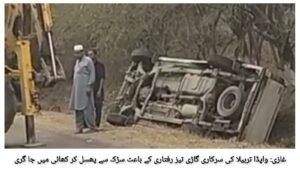
This incident is seen as yet another link in the chain of ongoing irregularities within the WAPDA transport department. Reliable sources reveal that, following recent revelations of large-scale fuel theft involving thousands of liters, further allegations have surfaced suggesting the daily misuse of petrol and diesel worth millions of rupees. It is reported that a formal “Transport Pool” system exists at Tarbela, staffed with wardens operating in three shifts. However, this system has allegedly been repurposed for the personal convenience of officials. Government vehicles, instead of being stationed at offices, are routinely kept at officers’ residences and used for personal errands such as school runs, market visits, and family engagements. Notably, the crashed vehicle had no permanent driver assigned and was frequently being used for unofficial tasks. The role of drivers, sources say, has been reduced merely to fueling and cleaning the vehicles, while effective control lies with officers and their families.
Public circles have expressed serious concerns over this situation and have demanded an immediate, transparent investigation and strict accountability. They argue that vehicles and fuel procured from the national treasury are meant for public service—not the personal luxury of bureaucrats. Failure to curb such practices, they warn, will only further erode public trust in state institutions.




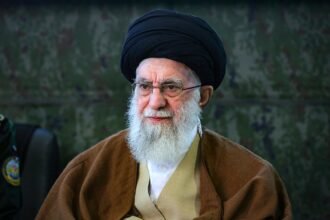
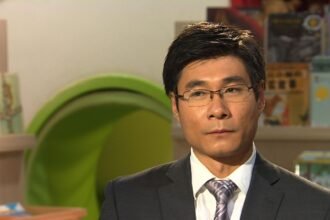
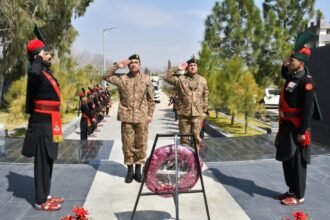
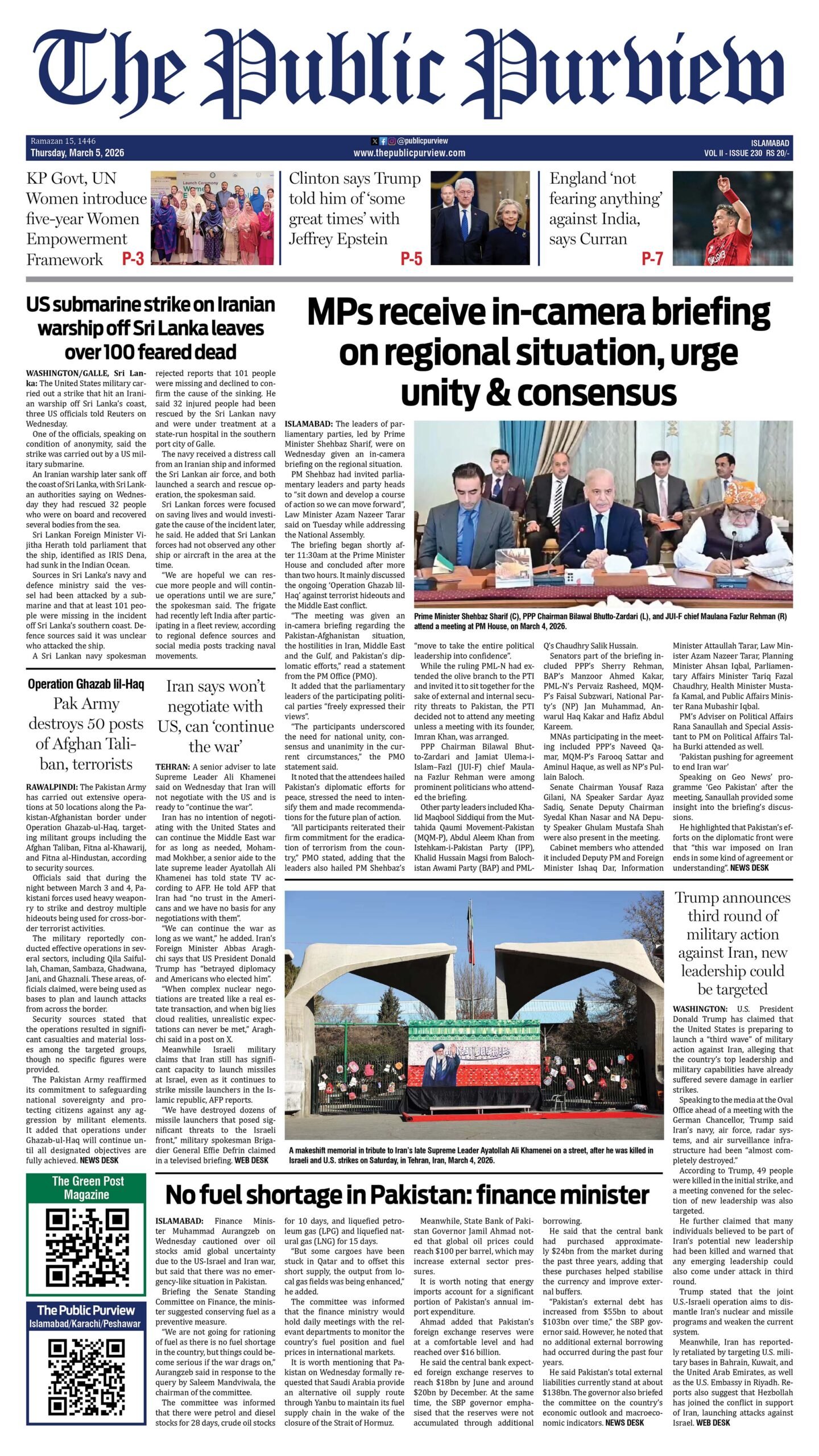 Today's E-Paper
Today's E-Paper